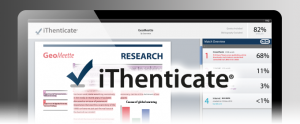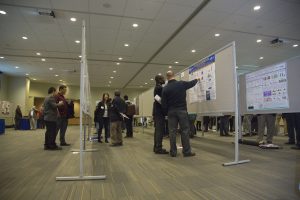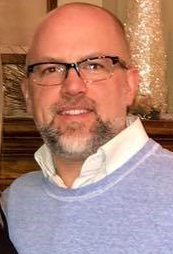 Title
Title
Director, Research Compliance
My focus
Develop, implement and monitor policies and procedures for the University as related to non-financial research compliance matters that affect the research mission of the University. Responsibilities include the review and interpretation of regulations that impact compliance with federal and state statues and how changes in those statues will affect the University. Among other areas, the Director ensures compliance and promotes ethical conduct of research in the administration of the:
- Institutional Review Board (IRB)
- Institutional Animal Care and Use Committee (IACUC)
- Institutional Biosafety Committee (IBC)
- Radiation Safety Committee (RSC)
- Health Insurance Portability and Accountability Act (HIPPA)
Where I came from
I have spent time in restaurant management, as a high school science teacher, as an admistrator for an independent review company serving human subjects research and the past 7 years here at UMKC in Research Compliance.
Some favorite things
- My family – wife Teresa and 3 children
- Watching my children enjoy their respective activities
- Oldest son – baseball and basketball
- Middle son – basketball and track
- Daughter – gymnastics
- College football and basketball, especially the Oklahoma Sooners
- Reading

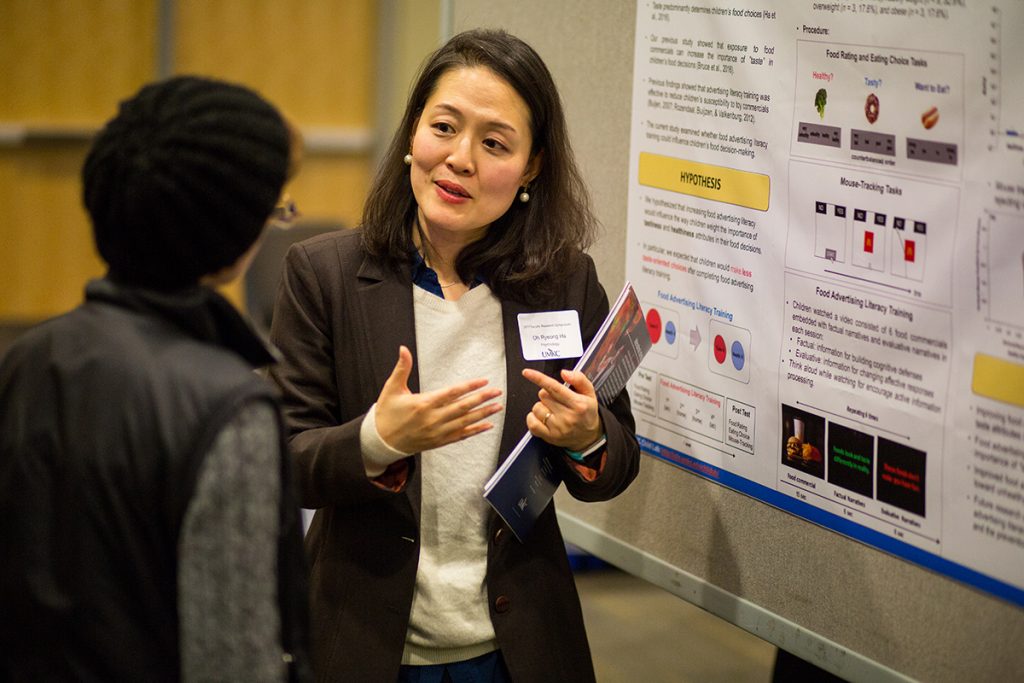
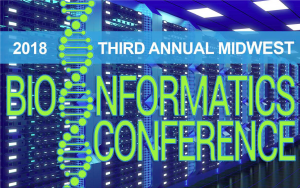
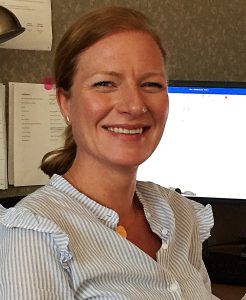 Title
Title